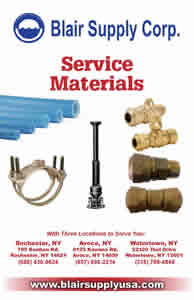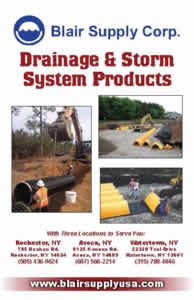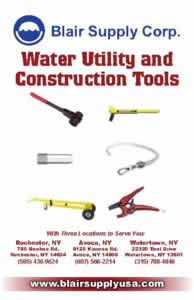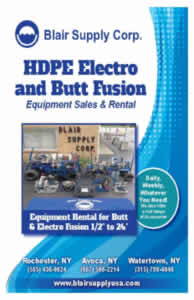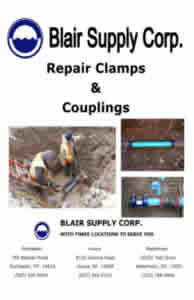Blog
3 Different Culvert Materials & Characteristics
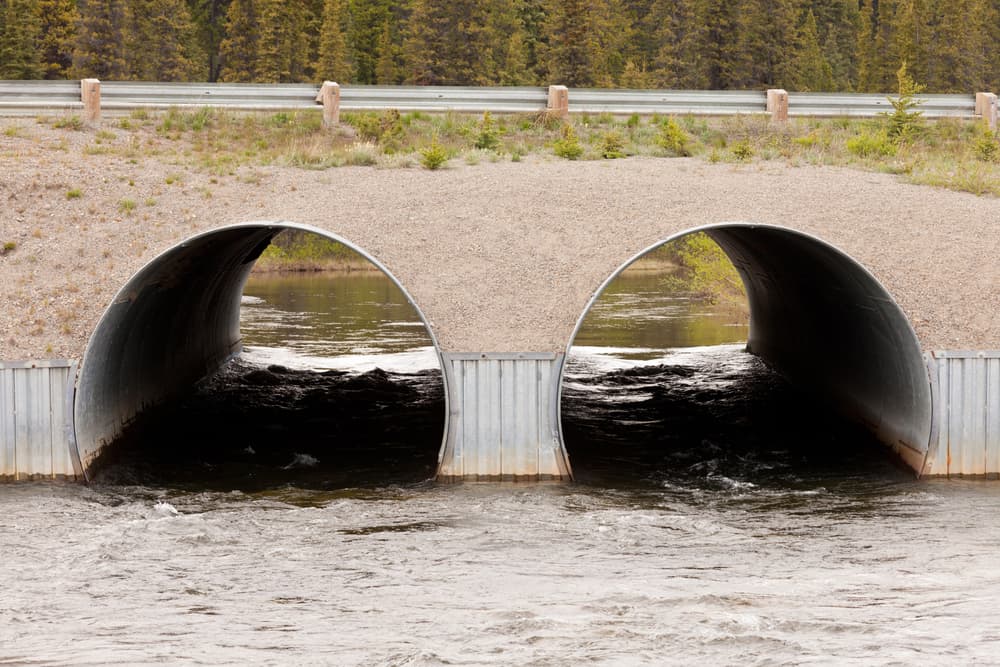
Choosing the culvert pipe for sale you need for your particular application requires more than just selecting the type and the size. You also have to consider the material of the culvert and the culvert pipe in order to get the performance you need. That is why it’s important to try and learn more about the different materials used for manufacturing culvert pipes and what vital characteristics the choice of material can affect.
What are the most common materials for culverts?
Looking to purchase a culvert pipe for your particular needs requires you to learn more about the commonly-used materials too. This is how you will ensure you’re choosing the culvert pipe that features the right characteristics for your application. Some of the most frequently materials used to make culvert pipes are:
Metal
These culverts can be made from galvanized steel, aluminum, and corrugated metal. They offer a strong and durable option that is cost-effective and easy to install. However, they can be prone to corrosion and galvanization. Also, metal culverts are heavy and not as flexible as some of the other materials.
Concrete
Concrete is among the more expensive materials for culverts, especially in its reinforced variant. These culverts are also often difficult to transport and install. However, they are extremely durable, very resistant to warping and corrosion, and they can withstand very heavy loads and traffic.
Plastic
Finally, plastic is a very affordable and very versatile material for culverts. It is lightweight, flexible, and very easy to transport, install, and maintain. However, their disadvantage is that they can become displaced due to their buoyancy and lightweight.
Which important characteristics are affected by material?
Culverts have certain characteristics that vary based on their proposed use. Depending on the material of the culvert pipe, their attributes will differ across several important categories, making the choice of material essential. Here are the most important properties of culverts that vary according to the material:
- Durability: The durability of culverts is defined by the years they last before becoming functionally or structurally unfit for their intended use. The minimal durability of all types of culvert pipes is 50 years.
- Structural strength: Culvert barrels have to offer ample strength to resist shears, thrusts, and moments determined through detailed structural analysis.
- Hydraulic roughness: This is the hydraulic resistance of the culvert to water flow. The roughness is represented by Manning’s equation.
- Corrosion and abrasion resistance: Abrasion represents the erosion of the material of the culvert that results from natural movement of the stream’s bedload. Corrosion resistance is important for metal culverts, but all culvert materials are subject to some form of corrosion as well.
- Embedment conditions: Embedment is used to distribute the heavy load over the foundation of the culvert. In flexible piping, embedment resists pipe deflection from the load.
- Watertightness requirements: Finally, watertightness illustrates how tightly fitted the installed piping has to be in order to be impermeable to water.
Your go-to company that offers advanced culvert pipes for sale!
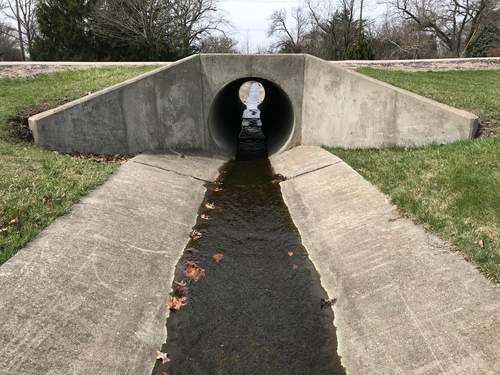
If you’re looking for a reputable company to supply you with high-quality culvert pipes and other necessary equipment, you should partner with Blair Supply Corp. We are your reputable supplier of advanced products and we have over 60 years of experience in the industry. We have warehouses in Avoca, Rochester, and Watertown, and we supply clients across the USA from there. Browse our website and see our offer.

